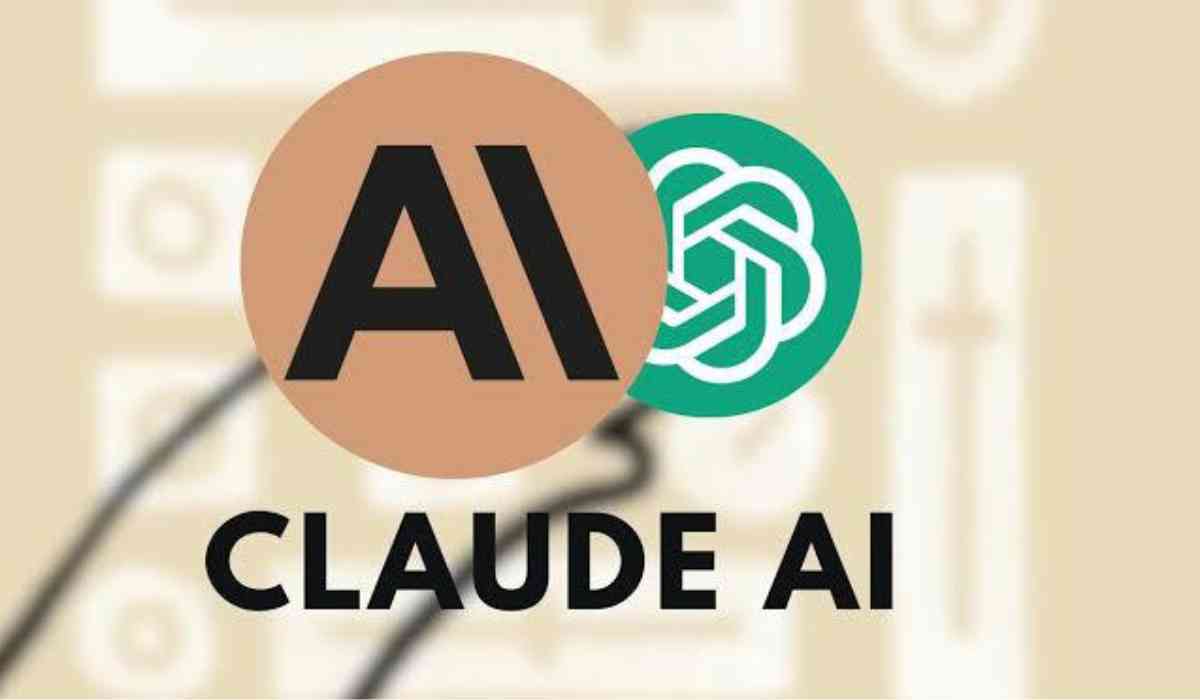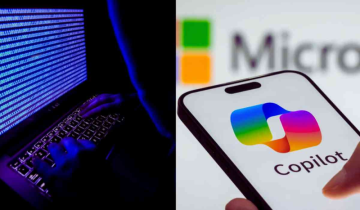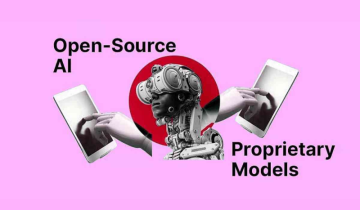OpenAI is the real Hegemon in the AI world. But it has to gear up as new AIs are emerging in the AI universe. What’s that? It is Claude AI, an AI with a “constitution”, launched by Anthropic, an AI startup co-founded by ex-OpenAI members.
Can Claude AI be a potential competition of OpenAI’s ChatGPT? Let’s look into this.
Introducing Claude AI
Anthropic's Claude 3 model series debuted in March 2024. Claude is "easier to converse with," "more steerable," and "much less likely to produce harmful outputs," according to the company. It has 3 Models, the top tier model is Claude 3 Opus, useful for sophisticated tasks such as research, strategy, and workflow automation. The middle-tier option, Claude 3 Sonnet. For jobs like data processing, sales, and time-saving operations like code generation, Sonnet is recommended. Claude 3 Haiku, the most economical option, is recommended by Anthropic for jobs requiring quick thinking and efficiency, like customer service, content moderation, and inventory and logistics management.

Better than Chatgpt?
- With Claude, as opposed to ChatGPT, users can easily include documents into their conversations by dragging and dropping files into the text input field or by clicking the attachment button. File formats that are supported are Word, PDF,.txt, and.csv files.
- Users can ask follow-up questions based on the shared content and delve into specific details thanks to Claude's AI engine, which automatically creates summaries of uploaded documents. Claude AI can summarise lengthy documents like books, reports, and scientific studies with ease.
- With its amazing 100,000-token capacity, Claude AI performs better than ChatGPT, handling longer inputs and outputs and facilitating more natural dialogue and improved comprehension thanks to large datasets. With the ability to engage in conversations lasting up to 75,000 words at a time, this improvement promotes better comprehension of words, phrases, and user preferences for more precise and customised responses.
- Claude AI provides users with training data up to December 2022, so they can access information beyond ChatGPT's knowledge cutoff. This closes the knowledge gap between the past and the present by enabling Claude to offer insights into events and developments that take place after September 2021. By using Claude AI, users can stay up to date on current affairs, events, and trends.
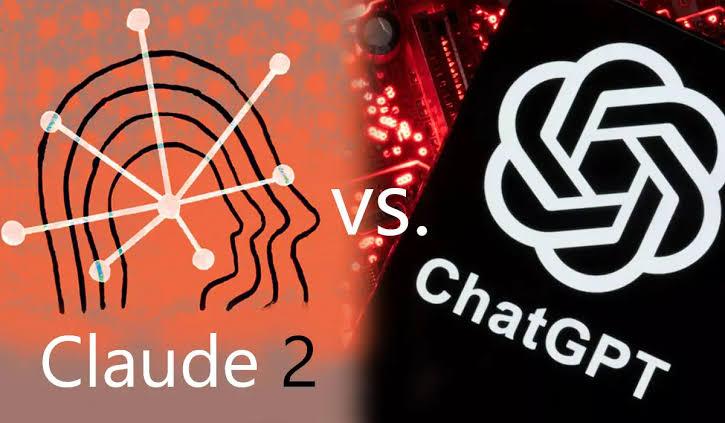
- Anthropic's concept of constitutional AI, which aligns AI actions with human values, prioritizes model safety and AI risk mitigation. For Claude's interactions to protect user privacy and reduce corporate exposure, users must consent to the model being retrained. To address past criticisms of being unduly reserved, Claude 3 attempts to reduce inappropriate responses while striking a balance between caution and responsiveness. Conversely, OpenAI provides less transparent opt-out options but by default retrains ChatGPT based on user interactions.
- Claude AI puts user privacy first by encrypting user data and collecting minimal amounts of data, all supported by external audits. Claude uses Constitutional AI to implement security features for safe operations, such as Adversarial Training and Constitutional Curation. On the other hand, ChatGPT prioritises creativity over factual accuracy and may contain biases from training data, even though it improves security.
- Claude AI stands out for its adherence to a code of ethical principles, making it a responsible and safe choice, particularly for data-sensitive tasks. Honesty, fast error correction, and impartial fairness are Claude AI's top priorities.
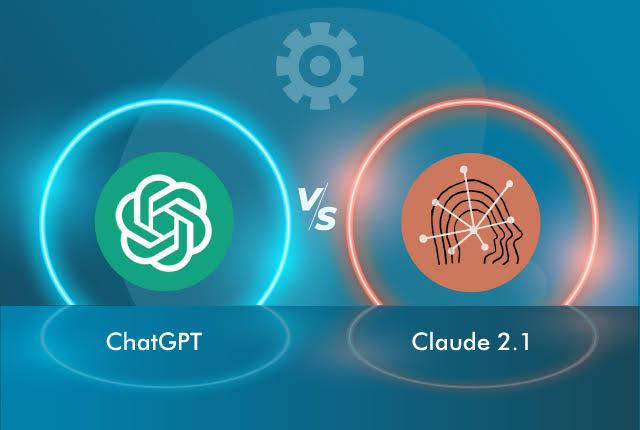
Or is ChatGPT better?
Introduced by OpenAI in November 2022, ChatGPT, the most prominent LLM-based chatbots, excels in language translation and creative content generation. The flagship models, GPT-4 and GPT-3.5, differ in capabilities, with GPT-4 featuring advanced functionalities such as image generation and voice interaction. While GPT-3.5, utilized in the free web app, has a smaller context window and lacks certain features of GPT-4. Access to GPT-4 requires a $20 monthly subscription, while individual users can utilise GPT-3.5 for free.

- ChatGPT is a unique option for users because of its extra features, which include multimodality, internet access, and GPTs. A subscription might be useful for regular users even though some features might require payment.
- GPTs, a noteworthy ChatGPT feature, let users modify the chatbot without knowing any code for particular tasks. OpenAI offers pre-made GPTs as well as a user-created GPT marketplace, however the lack of vetting in the marketplace limits its usefulness.
- ChatGPT now has better accuracy, better rule compliance, and less undesired content thanks to GPT-4. Additionally, ChatGPT offers more thorough and expedient responses, especially for easier tasks.
- Many of the more recent features that ChatGPT+ provides—such as voice chat, image creation, data analysis, image understanding, and web browsing—are absent from Claude Pro. GPT-4 improves the user experience with voice interactions and web browsing by enabling users to create images within text chats and refine them through natural language dialogues.
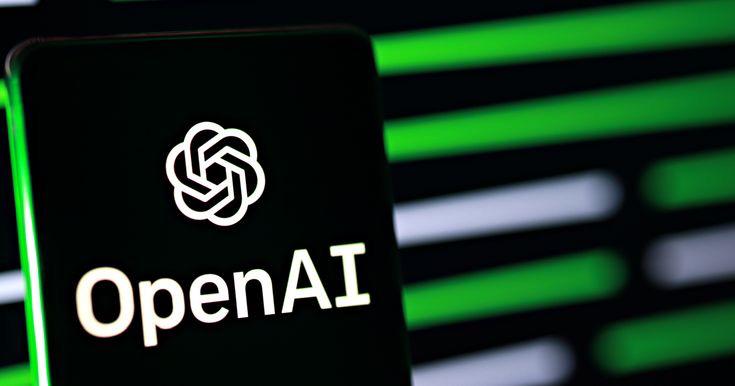
Overall, Anthropic asserts that Claude 3 performed better overall than GPT-4; however, the limited disclosure of self-reported scores makes them suspect. Like other models, Claude experiences hallucinations and produces text based on patterns that have been trained. A lack of openness makes it more difficult for independent validation, which raises questions about selective showcasing. It is advisable to verify Claude's understanding as it is based on statistics and not absolute. Claude-2 also provides free access to their advanced model.
So it’s upon us to decide individually!
(Inputs from Agencies)
©️ Copyright 2024. All Rights Reserved Powered by Vygr Media.

